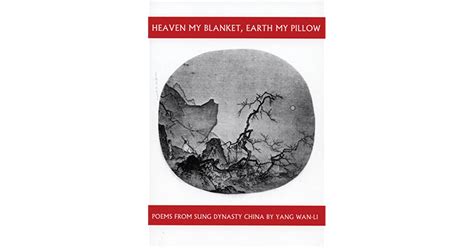A Quote by Henry David Thoreau
The true poem is not that which the public read. There is always a poem not printed on paper,... in the poet's life. It is what hehas become through his work. Not how is the idea expressed in stone, or on canvas or paper, is the question, but how far it has obtained form and expression in the life of the artist. His true work will not stand in any prince's gallery.
Related Quotes
A true poet is more than just a man who can write a poem with a pen. A true poet writes poetry with his very life. A true poet doesn't use poetic devices to con the heart of a woman but uses the beauty of all that is poetic to serve, cherish, and express love to the heart of a woman. Just as a true warrior is not a conqueror of femininity but a protector of femininity, a true poet is not just a wooer of a woman's heart but one who knows how to nurture and plant love in a woman's heart. Simply put, a true poet is a man who knows how to be intimate with a lover - first and foremost with Christ.
In a way, literature is true than life,' he said to himself. 'On paper, you say exactly and completely what you feel. How easy it is to break things off on paper! You hate, you shout, you kill, you commit suicide; you carry things to the very end. And that's why it's false. But it's damned satisfying. In life, you're constantly denying yourself, and others are always contradicting you. On paper, I make time stand still and I impose my convictions on the whole world; they become the only reality.
It is a mistake to talk about the artist looking for his subject. In fact, the subject grows within him like a fruit and begins to demand expression. It is like childbirth. The poet has nothing to be proud of. He is not master of the situation, but a servant. Creative work is his only possible form of existence, and his every work is like a deed he has no power to annul. For him to be aware that the sequence of such deeds is due and ripe, that it lies in the very nature of things, he has to have faith in the idea; for only faith interlocks the system of images for which read system of life.
A successful poem says what a poet wants to say, and more, with particular finality. The remarks he makes about his poems are incidental when the poem is good, or embarrassing or absurd when it is bad and he is not permitted to say how the good poem is good, and may never know how the bad poem is bad. It is better to write about other people's poetry.
Reading a poem is a real thing, a worthy thing. So to be there right with the reader at that moment is part of the effect of a title like "Poem for" something or other. Matt Rohrer does this a lot in his titles, and I think I might have gotten some of the idea to do this, or at least been reminded of how it can work, from his recent amazing books.
It has always been my belief that the true artist, like the true scientist, is a researcher using materials and techniques to dig into the truth and meaning of the world in which he himself lives; and what he creates, or better perhaps, brings back, are the objective results of his explorations. The measure of his talent--of his genius, if you will--is the richness he finds in such a life's voyage of discovery and the effectiveness with which he is able to embody it through his chosen medium.
The poem builds in my mind and sits there, as if in a register, until the poem, or a piece of a longer poem, is finished enough to write down. I can hold several lines in my head for quite some time, but as soon as they are written down, the register clears, as it were, and I have to work with what is on the paper.
Lucky accidents seldom happen to writers who don't work. You will find that you may rewrite and rewrite a poem and it never seems quite right. Then a much better poem may come rather fast and you wonder why you bothered with all that work on the earlier poem. Actually, the hard work you do on one poem is put in on all poems. The hard work on the first poem is responsible for the sudden ease of the second. If you just sit around waiting for the easy ones, nothing will come. Get to work.
The subject of the poem usually dictates the rhythm or the rhyme and its form. Sometimes, when you finish the poem and you think the poem is finished, the poem says, "You're not finished with me yet," and you have to go back and revise, and you may have another poem altogether. It has its own life to live.


































